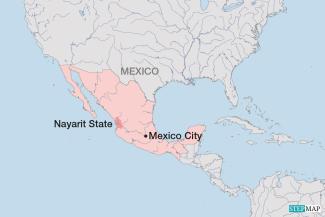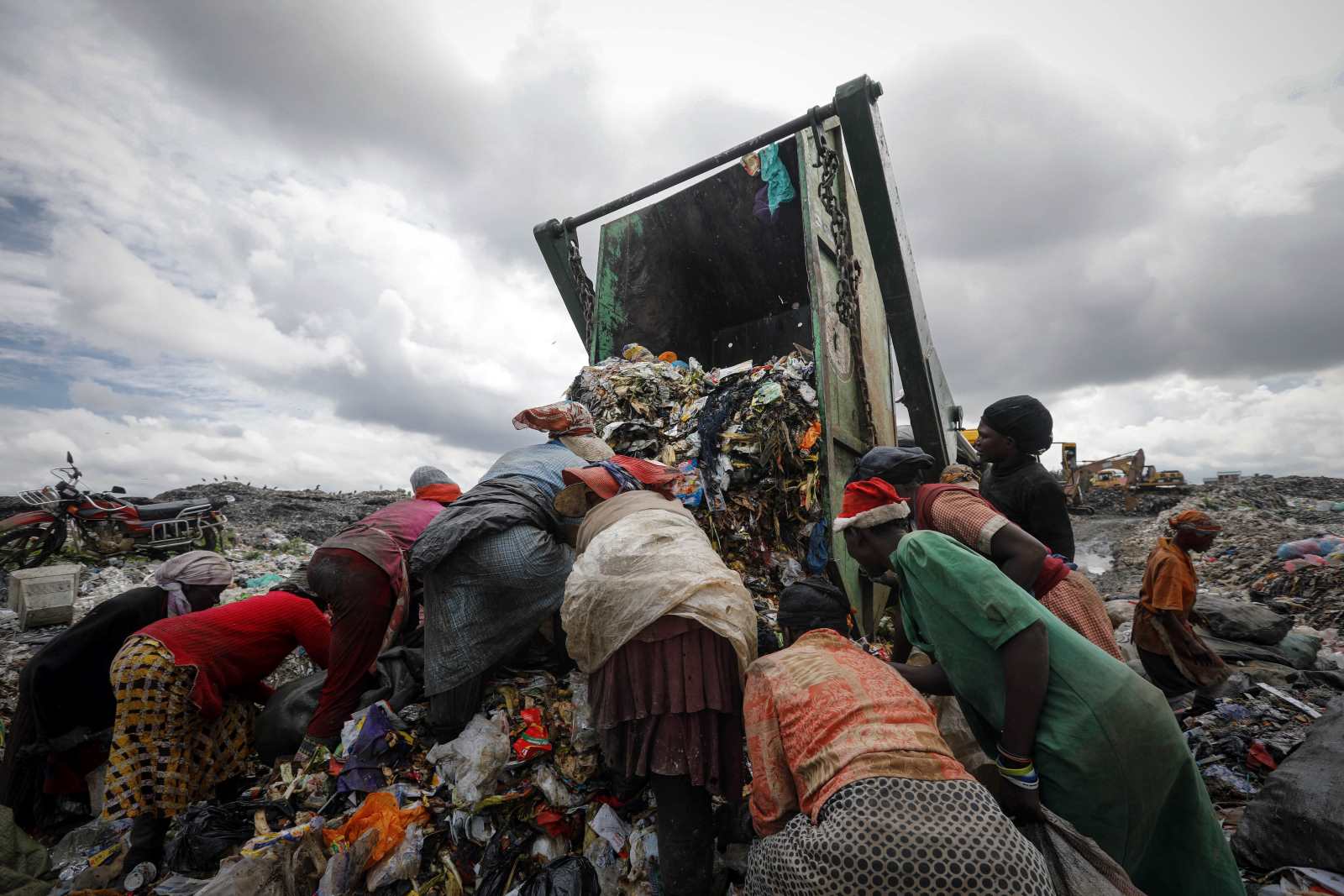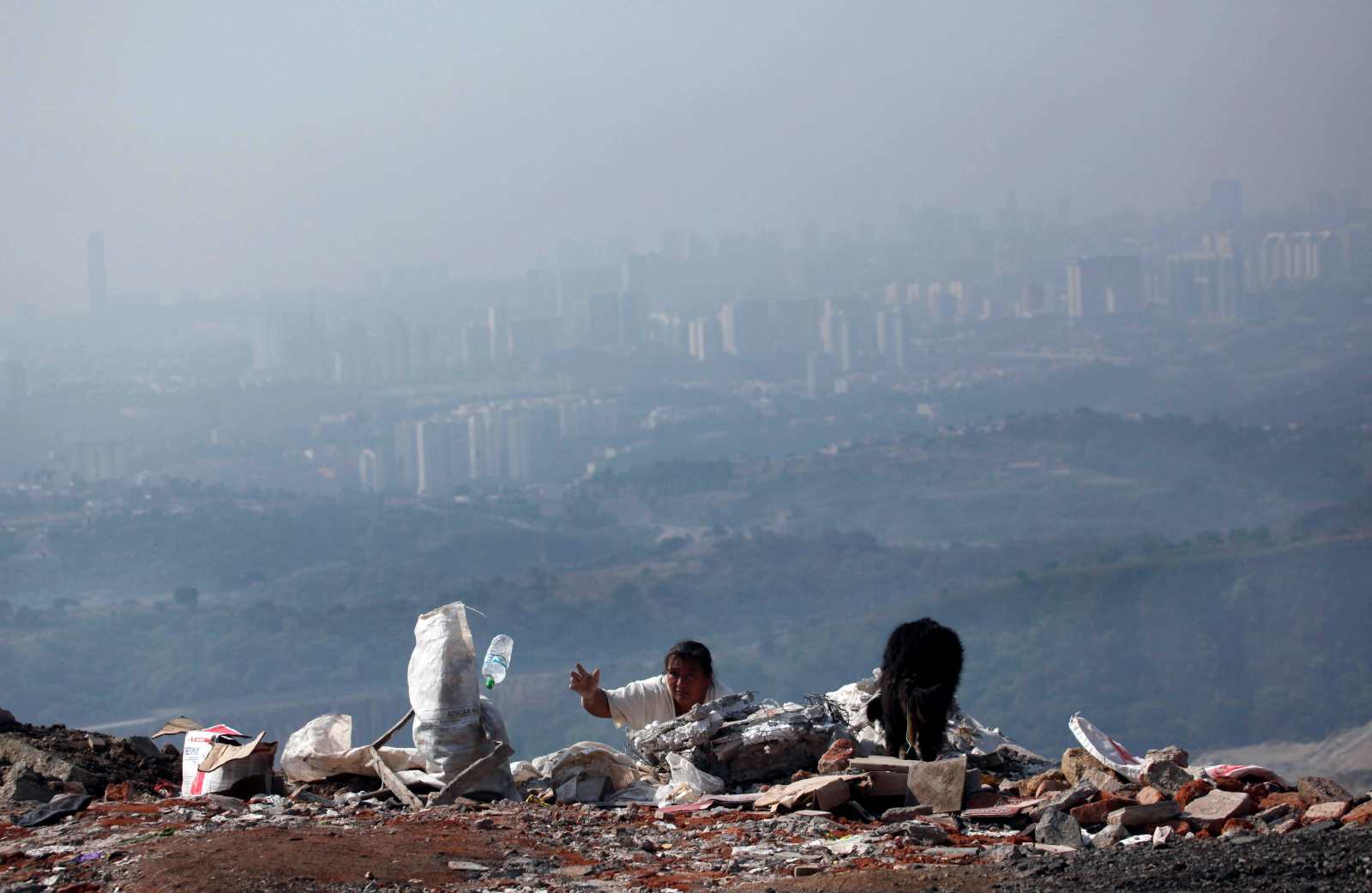Waste management
Small steps towards a triple goal

Traditionally, Mexicans used to repair torn garments or utensils. It was also common to reuse bags and packaging. Mexico City had to pass legislation to ban the delivery, marketing and distribution of single-use plastic items. The idea was to return to the more environmentally friendly practices of the past. The ban ran into resistance from plastic producers as well as street-food vendors. Accordingly, the authorities started awareness-raising campaigns among street vendors, restaurants and informal businesses. They also reached out to the tianguis – a kind of flea market. Experience shows that it is important to tell people again and again why single-use plastics are harmful.
A hot international topic is that supposedly long-lasting consumer goods are hardly repaired anymore. Mobile phones are an example. Manufacturers prefer selling new devices, so they produce their goods in ways that are hard to repair and charge high fees for repair services. Mexico is taking action in the matter. A reform of consumer-protection legislation is pending in the Senate. It is designed to oblige companies and suppliers to provide affordable repair services. Moreover, legislation is being prepared to improve the safety and durability of batteries, electric utensils and electronic devices.
Some initiatives aspire to improve the situation of informal garbage recyclers – which typically means organising their work in a more formal way. One example is Bahía Circular, a project run by Entreamigos, a community-based not-for-profit organisation, in a bay area of Nayarit State. The underlying idea is to establish a circular economy in which all waste is ultimately reused.
The project supports a network of about 90 waste collectors from low-income communities. They operate in semi-rural areas which previously lacked proper waste management. Entreamigos supplied collectors with boots, gloves and other protective equipment. The NGO explained what different kinds of garbage exist, what risks they imply and how to handle them safely. Capacity building also related to using digital devices and financial management. The projects’ triple aspiration is to formalise livelihoods, improve the standard of life and improve waste management.
To involve local businesses in the project, Entreamigos introduced “circular credits”. Using them to pay waste-management service helps to monitor operations and builds long-term relations.
Sarape Circulab is a social enterprise that is involved in similar waste-collection and other environmental projects. It is skills-oriented, training informal recyclers in things like resource management, personal finance, savings, food, health and safety. Quality-control issues are high on the agenda – workers are taught to keep records of what goes in and out of landfills as well as to recognise market trends.
Pamela Cruz is a project coordinator for Comunalia, the alliance of community foundations in Mexico, and a strategic adviser of MY World Mexico, a nationwide social business that promotes sustainable development and cooperation.
pamela.cruzm@gmail.com













